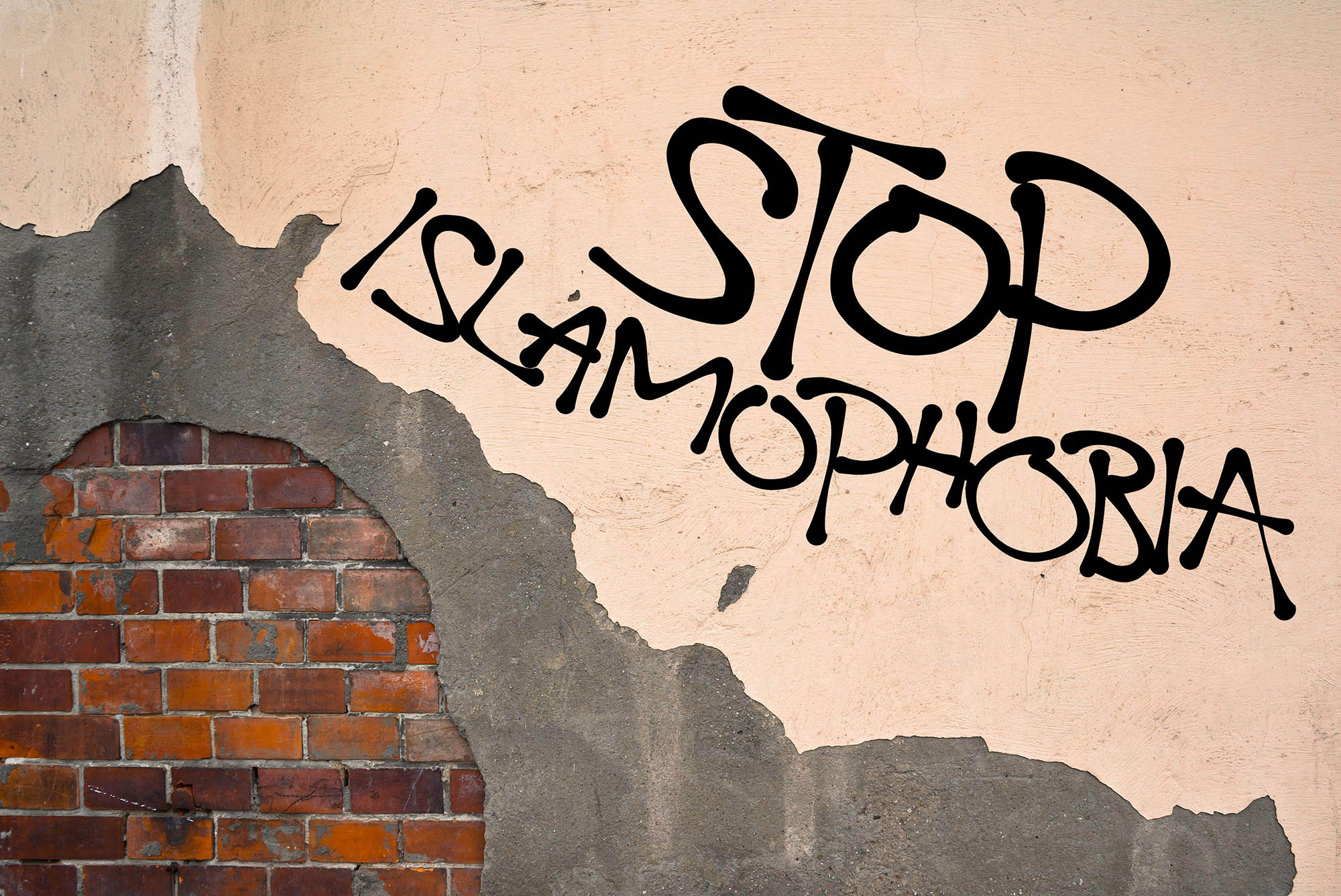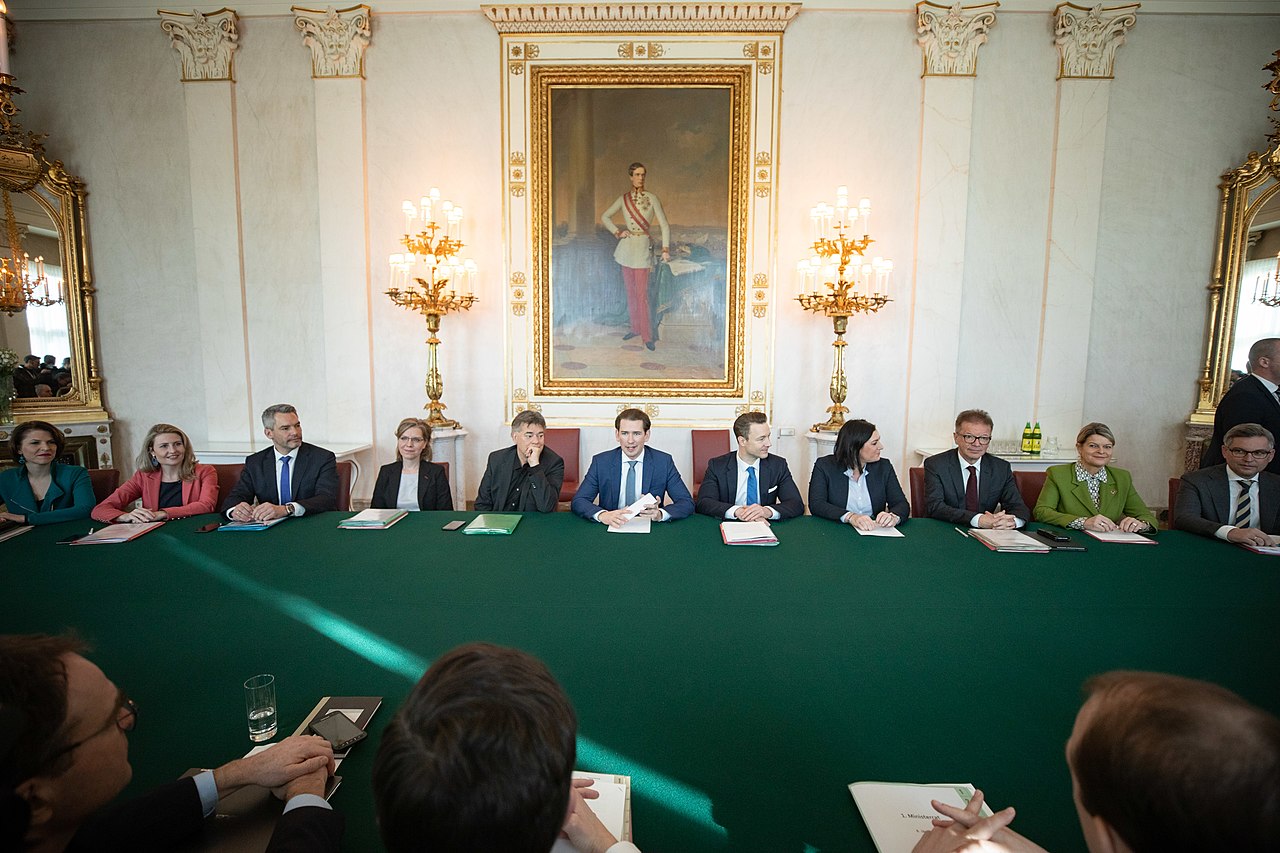Approximately five hundred people attended a recent conference in the Viennese Burgtheater organized by the Institute for Human Sciences (IWM) on the subject of immigration and integration, which brought together four prominent speakers: former Italian Prime Minister Giuliano Amato; Yale professor Seyla Benhabib; Armin Laschet, Integration Minister for the German state of North-Rhine Westphalia; and Roger Köppel, editor-in-chief of the Swiss weekly magazine, Die Weltwoche.
Amato criticised the idea restricting immigration to highly-qualified candidates, and stated that Islam had much less to do with the current problems, than the exploitation of immigrants who in general do not possess good enough language capabilities or education. Benhabib highlighted the conflict between worldwide migration and the nation-state, while stating that European politicians have not done enough to help their societies accept “the Other,” resorting instead to populism which has increased the levels of insecurity and uncertainty. Köppel, on the other hand, claimed that integration was a question of individual choice, and that Islam’s evident political undertone was the real reason for the Swiss minaret ban.
Though Laschet praised the benefits of immigration, according to Benhabib, Europeans have a particular problem positively evaluating immigration due to the fact that “the Other” is most enough seen as a Muslim immigrant. Amato and Köppel maintained that this was because Muslim immigrants in general have problems with modernity, the former referring especially to the lack of separation between state and religion in the countries of origin. Benhabib rejected this argument however, finding that religion and “backwardness” had nothing to do with another, and along with Laschet concluded that the focus on Islam was overrated and counterproductive.






